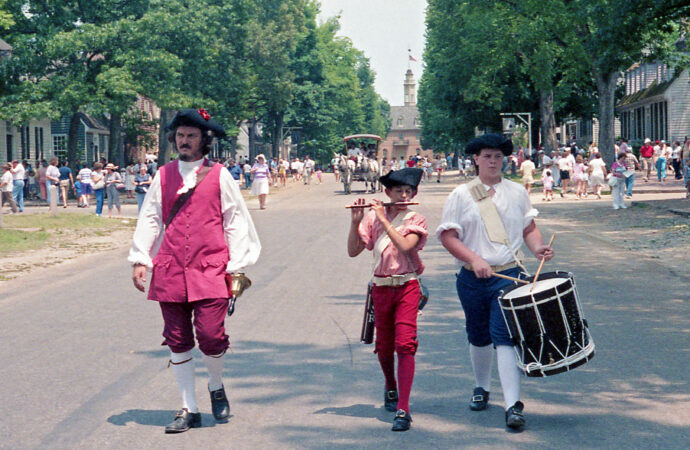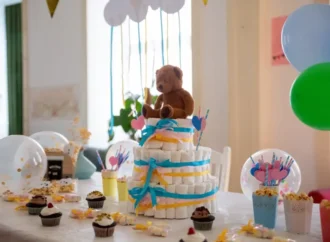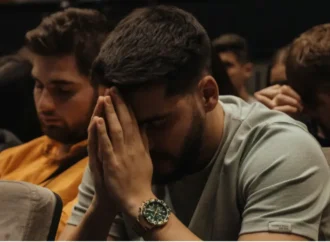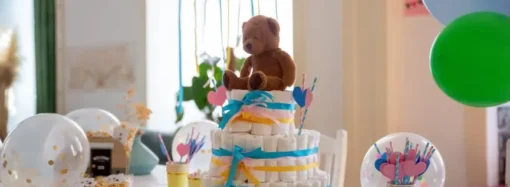Recent chatter on social media featured a young woman telling her story of how political developments in the United States encouraged her to flee her home country and settle in Costa Rica. But Costa Rica wasn’t the paradise she envisioned. With the value of hindsight, she has come to feel the absence of the blessings and benefits she enjoyed in the U.S. that are now beyond her reach.
It’s tempting to snicker at the foolishness of this young woman, but before we do, we should realize that her situation is not an anomaly in the U.S. In fact, a recent report from the American Psychological Association found that 63% of adults between the ages of 18 and 34 have considered leaving the United States, giving the state of the nation as the reason.
Why would so many young Americans be ready to leave the United States, especially since so many from other nations seem eager to flood our shores?
At least one answer easily suggests itself: Young Americans don’t know and love their history.
In 2022, the Nation’s Report Card found that only 13% of U.S. eighth-graders were proficient in history. Given that much history today seems to be founded on portraying America’s founders as abhorrent people, one wonders if even that 13% have learned a fair representation of their country’s history.
Sadly, American young people have been on this history deficit trajectory for decades. Cultural commentator Bernard Iddings Bell observed this even back in his 1950s book “Crowd Culture,” noting that American schools seemed unwilling “to impart to growing boys and girls an appreciation of the long, rich past.” He continued:
Such an appreciation would help them, help all of us, to learn how to get on with one another, by teaching us to get on with our elders and betters, with our ancestors. It does broaden and mature to admire and imitate greatness, humaneness, whenever and wherever we come across it.
This is a fascinating observation, particularly in light of the aforementioned survey from the American Psychological Association, which also found that huge percentages of Americans are dealing with loneliness and isolation and feel they need more emotional support. Could it be that such feelings are a direct result of a nation unmoored to its past?
Bell would likely answer that question with a yes. Depriving children from knowing the greatness of their nation’s history “is to cheat and impoverish them,” Bell says.
“It is also to endanger society, for the health of which not only human leaders are required but also human followers,” he continues. “To arouse respect and love for the great ones of the past is the best way to contend against the pressure of mass conformities….”
We shouldn’t expect our schools to impart this love and respect for the past in the hearts of young minds; instead, as Bell goes on to say, we should turn to alternative routes, such as teaching a love for the historical figures of the past at home, in community clubs, and even in our places of employment.
But if so many of us have come up through the ranks not learning history ourselves, then how will we discern which historical figures should be the focus of future history education? Bell gives three guides:
1. Those “men and women who did their own thinking” – in other words, those who didn’t follow conventional wisdom and were bold enough to buck the popular opinion of the day.
2. Those who “respected tradition and reinterpreted it” – those who recognized the importance of first principles and weren’t ready to overthrow every societal institution at the drop of a hat.
3. Those who “built upon the past” – those who were willing to stand on the shoulders of giants to reach greater heights, rather than those who tore down those historical giants in order to prop up themselves and their own ideas.
Today we scoff at the young people who flee our country in terror over politics, we wring our hands at the loneliness and isolation that surround us, and we shudder at those who reject the immortalizations of the heroes who built our nation from the ground up. Yet what if the solution to all three of these problems is as simple giving our children a solid view of history?
Connecting the present to the heroes of the past just might be one way to restore hope for the future.
—
This article was made possible by The Fred & Rheta Skelton Center for Cultural Renewal.
Image credit: Flickr
















Leave a Comment
Your email address will not be published. Required fields are marked with *